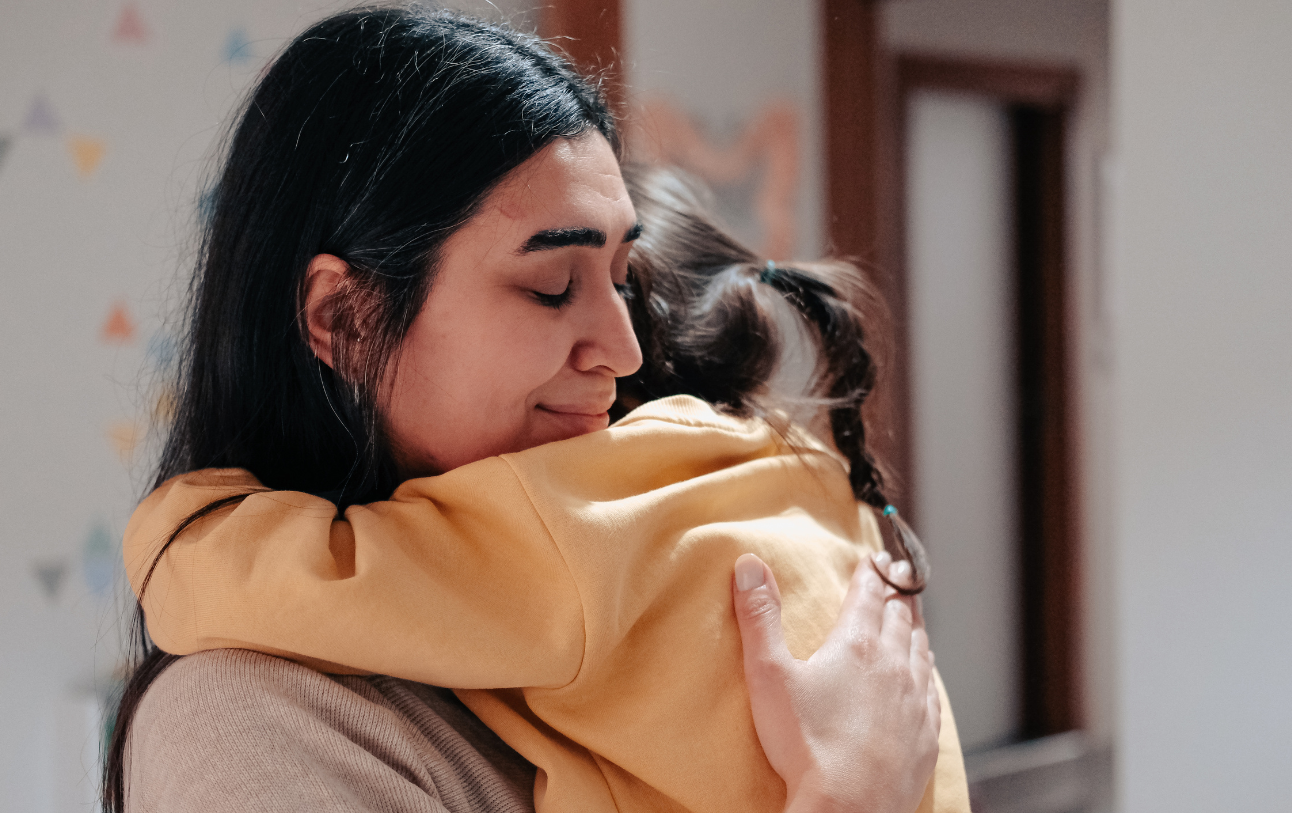
One in four girls born today, on International Day of the Girl, will grow up to have an abusive
Domestic abuse charities Women’s Aid and SafeLives estimate that one in four girls born today, on the International Day of the Girl Child, will experience domestic abuse by an intimate partner at some point during their lifetime1Calculated using the average for prevalence of females experiencing partner abuse in the Crime Survey England and Wales (5 years), Scottish Crime and Justice Survey (only 2 years available) and Northern Ireland Crime Survey (5 years). The ONS mid-year 2018 birth estimate was used to calculate number of children born in each of England and Wales, Scotland and Northern Ireland and the likelihood of them being female. This was combined with the probability of a child being born on a given day of the year to estimate the number of girls born on the 11th October 2019.
As part of investment by The National Lottery Community Fund to improve the response to domestic abuse, the two charities are today coming together to highlight evidence that demonstrates the gendered nature of domestic abuse – and call for action to be taken now to stop harm before it begins.
Research finds that 91% of domestic violent crimes that cause injuries are against women2Walby and Towers, Untangling the concept of coercive control, Table 7, 2018.
Women also typically experience higher rates of repeated victimisation and are much more likely to be seriously hurt or killed, with 83% of domestic abuse victims who are subjected to more than 10 violent crimes being women3Walby and Towers, Untangling the concept of coercive control, Table 5, 2018. These figures mask further inequalities – BAME women are less likely to see an arrest, prosecution and conviction for offences against them than their white counterparts, and disabled women are twice as likely to experience domestic abuse in their lifetime.
Adina Claire, Acting co-Chief Executive at Women’s AidIt is shocking to see how many girls who are born today are likely to experience domestic abuse in the future.
At Women’s Aid we know that while domestic abuse can affect all people in all kinds of relationships, the vast majority of domestic abuse is perpetrated by male partners against women. The gendered nature of domestic abuse is fundamentally linked to inequality, which intersects with other forms of discrimination, such as race and disability. Survivors urgently need specialist services that meet their needs, and it is vital that there is a national network of services run by women for women and children.
Suzanne Jacob OBE, SafeLives Chief ExecutiveThe birth of a child should be a moment of huge hope and expectation. It is totally unacceptable that one in four girls born today will go on to experience domestic abuse in their relationships. We currently play a waiting game, waiting until those relationships are formed before we step in.
To prevent future victims, we must take urgent action now. This starts with education – in schools but also in its very broadest sense - teaching all young people what healthy and unhealthy relationships look like, and what their rights and responsibilities are to each other. This education must be reflective of all relationships, whatever form they take.
The figures we release today only show part of the problem – we know that many victims still remain ‘hidden’. Hidden from statistics and hidden from the help they urgently need. Younger girls often worry that they’re less deserving of help or that what’s available won’t suit them. We need to invest in a full range of support that sees the whole picture for every individual. Domestic abuse is not acceptable and not inevitable. If we work together we can ensure every child and young woman can live a life free from fear.
You may also be interested in


Our impact

